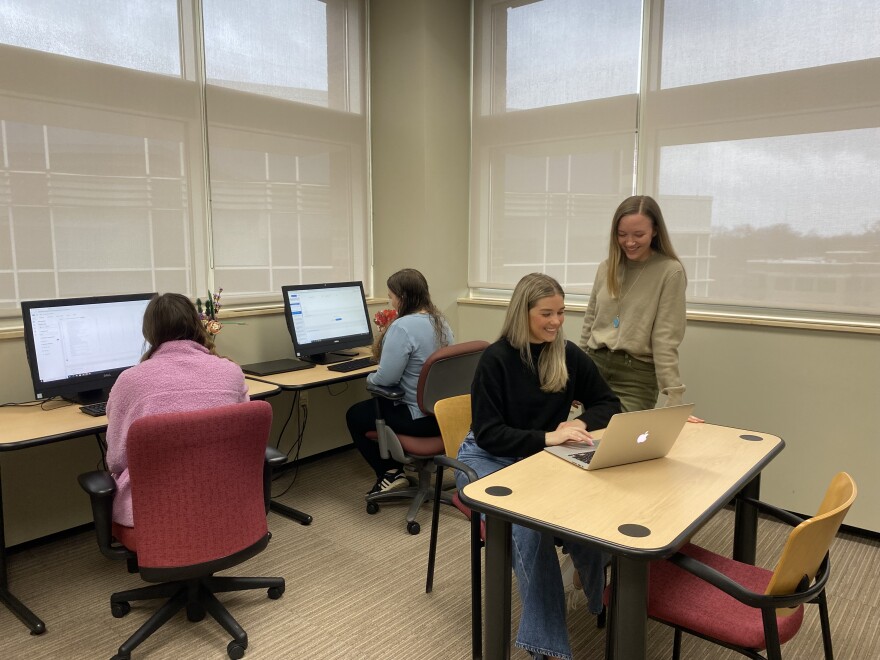WMU Professor Hope Gerlach-Houck is an expert in fluency disorders such as stuttering. She says people who stutter are more likely to experience depression and anxiety than people who don’t.
It’s likely discrimination is a major reason for that. The study will focus on daily mistreatment and its effect on mental health.
Gerlach has designed a study where adults who stutter will be asked to recount their experiences several times a day on an app. That will allow them to track their experiences in real time and give people around the country a chance to take part in the study.
“What we’re trying to get at here is, how big is the role of discrimination in mental health adversity that people who stutter experience?" Gerlach-Houck said.
Gerlach-Houck got a grant from the American Speech-Language-Hearing Foundation for the research.
“Just some tips, you know, if you interact with people who stutter are: Give them time to speak, don’t try to finish their sentences, retain eye-contact and talk to them like you would talk to anyone else," Gerlach-Houck said.

